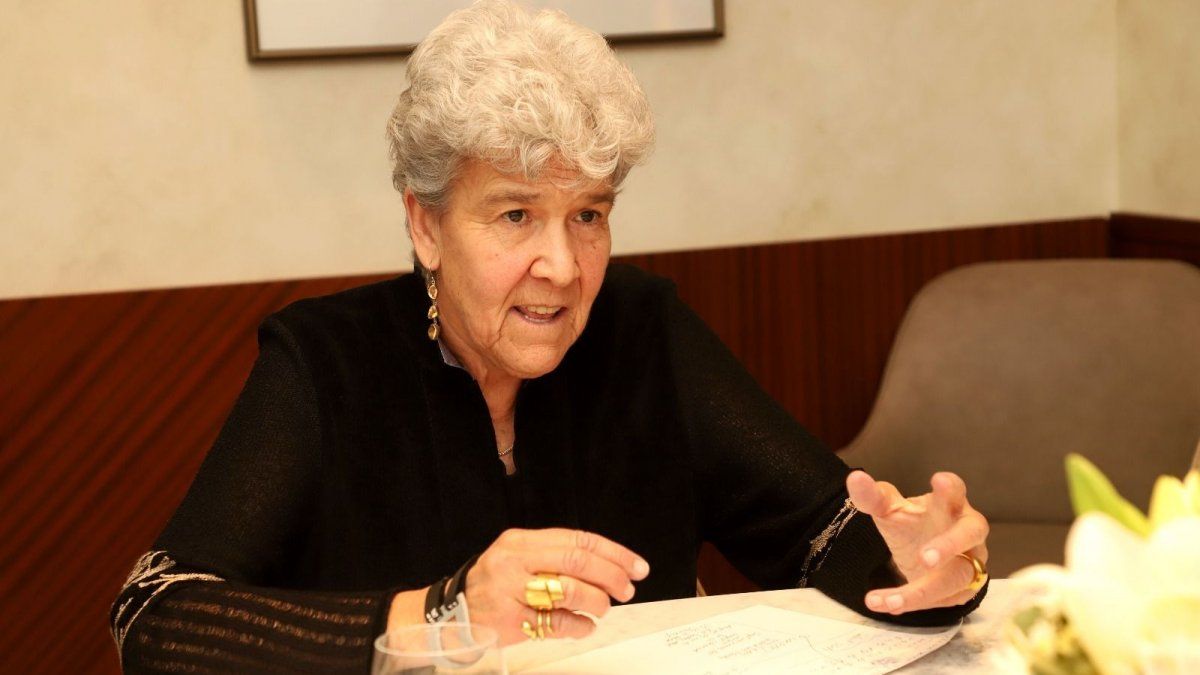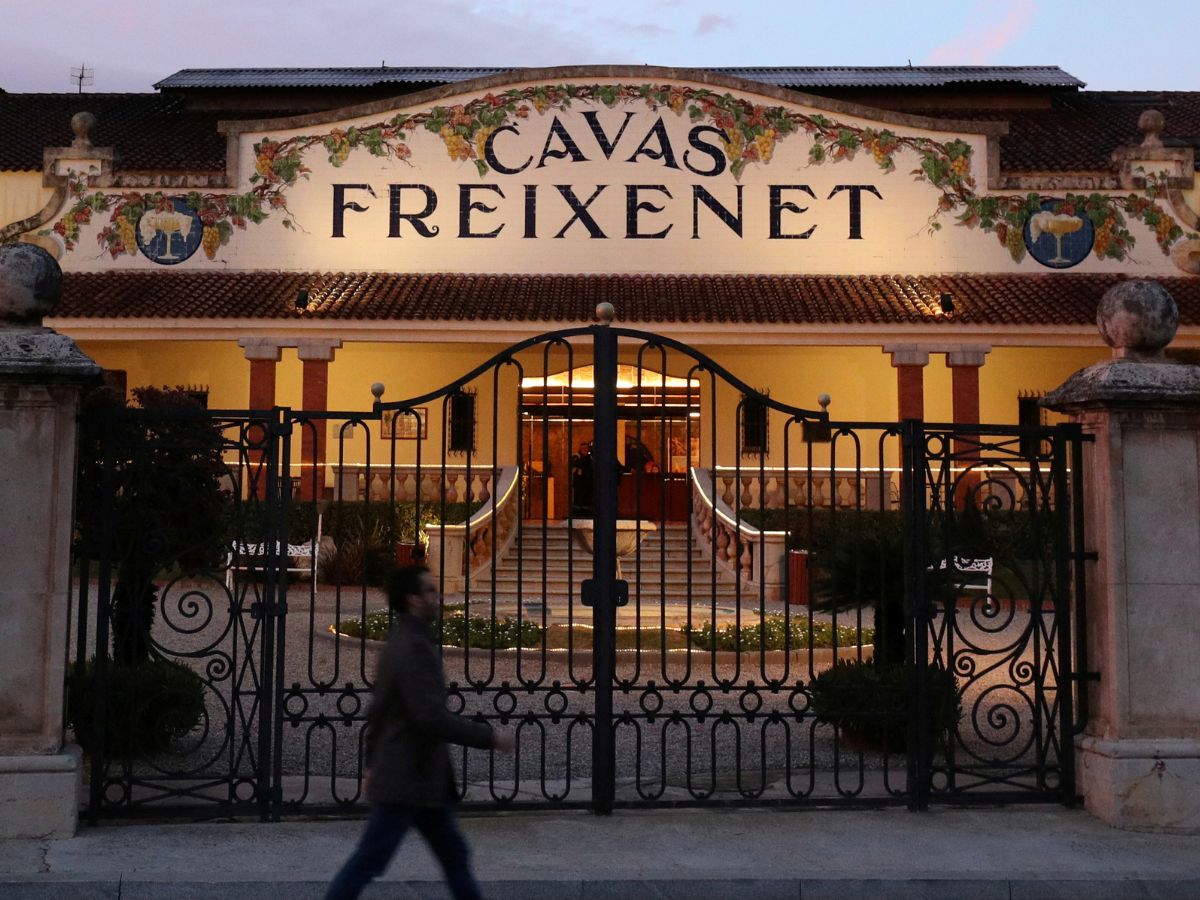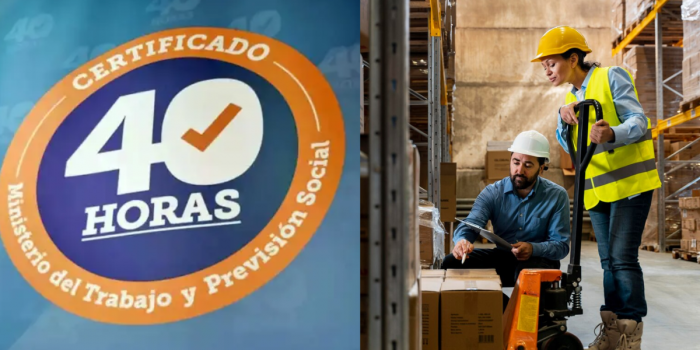Economy. Lidl will be carbon neutral by the end of 2022 and reduce carbon dioxide emissions by 80% by 2030
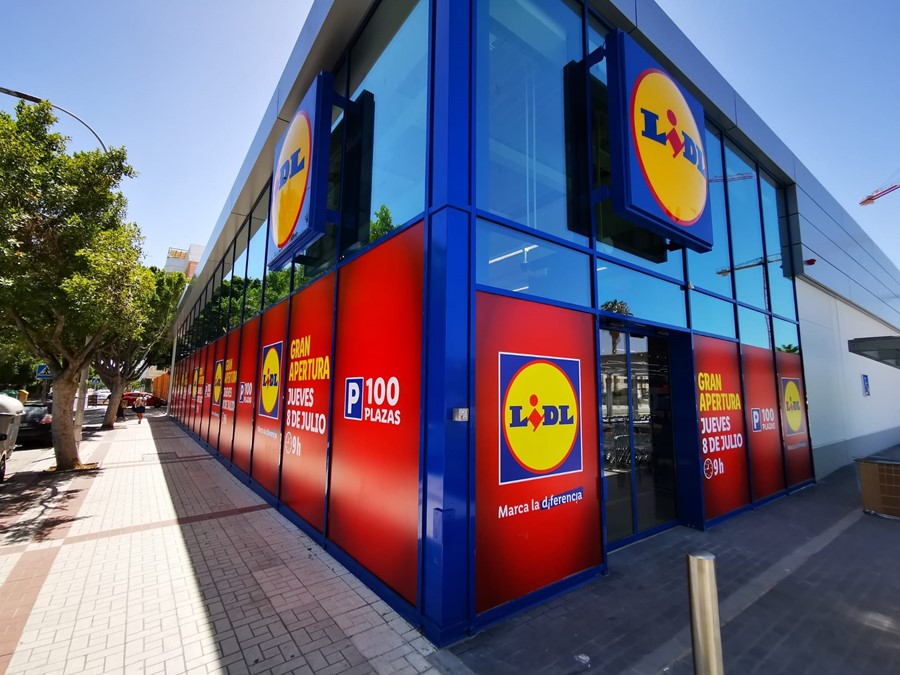
Madrid, 19 (European Press)
Lidl will be carbon neutral at the end of this year as the company announced that it is reducing greenhouse gas (CO2) emissions that are directly generated during its activity and offsetting it through certified programs that protect the climate, according to a statement.
On the other hand, the supermarket chain with the Schwartz Group (of which it is part) has developed a climate strategy with the aim of contributing to the Paris Agreement and avoiding dangerous climate change, keeping global warming well below 2°C and continuing efforts to limit 1.5°C. Among the commitments adopted by the company in Spain, the goal of reducing greenhouse gas emissions by 80% by 2030 also stands out.
These targets will also affect their suppliers, as they will require those responsible for 75% of greenhouse gas emissions to have their own climate strategy based on the “science-based targets” methodology through to 2026.
“At Lidl, we are deeply committed to protecting the environment. As companies, we play an essential role in the fight against climate change, and it is time to act aggressively. That is why we have set ourselves ambitious goals, in which we firmly believe”, confirms Lidl Spain’s Director of Corporate Social Responsibility, Micaela Richelle.
The company notes that the ongoing search for practical solutions to reduce carbon dioxide emissions has been a goal in Spain in recent years. Since 2018, it has managed to reduce its direct emissions by 44%.
Thus, for example, Lidl has been using 100% renewable electricity for years and thus received the “Green Energy” certification. Similarly, solar energy is used in stores to achieve self-sufficiency.
Meanwhile, in the field of logistics, the company has adopted significant savings measures such as the increased use of trucks powered by natural gas, or testing electric vehicles as a potential alternative to conventional trucks, or the use of large trucks to benefit from better travel, which helps reduce carbon dioxide emissions.
In addition, each of its stores and logistics centers have energy efficiency certifications such as those awarded by EDGE, BREEM or DGNB, among others. It has also installed more efficient equipment in its stores that uses propane (R-290), a natural refrigerant that has no harmful effects on the environment.
carbon neutral products
Lidl claims to be the first large-scale distribution chain to offer its customers complete ranges of carbon neutral private label products. It is also one of the first chains to introduce products with these characteristics on their shelves, whether in the food, cleaning or natural cosmetic categories.
This means that all greenhouse gas emissions that are generated through the supply chain of these products during production, packaging or transportation, are offset by certified projects that protect the environment.
Currently, the entire range of its Vemondo brand vegetable products, consisting of 150 references, is carbon-free, as is its Cien Nature line of products. In all, Lidl has a display of over 170 certified carbon-neutral references, such as traditional EVOO olive products (Olisone), BIO products or household cleaning products (W5 Nature), among others.
“One of Lidl’s other commitments is to continue to gradually increase this number. In this way, our customers can decide on more climate-friendly alternatives to conventional products. In addition, with carbon-neutral products, we also contribute to achieving the goals set out in the Convention Paris,” Richel points out.
To offset greenhouse gas emissions, Lidl works with several international partners to support projects that protect the climate to the gold standard, for which they obtain climate protection certifications from ClimatePartner GmbH.
The company is currently collaborating with three international initiatives: promoting the use of renewable energy in India, making water potable in Eritrea and contributing to reforestation in Uganda. In addition to reducing carbon emissions, Lidl is working to achieve the goals of its strategy to combat climate change through specific measures related to plastic use and recycling (plastic recycling), waste management, efficient construction and sustainable logistics.

“Award-winning zombie scholar. Music practitioner. Food expert. Troublemaker.”

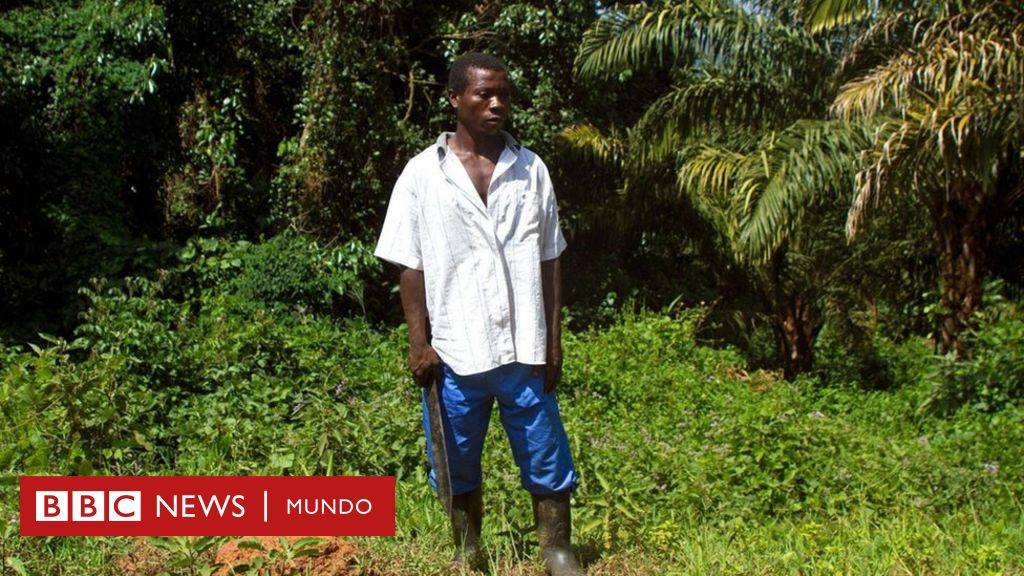


/cloudfront-eu-central-1.images.arcpublishing.com/prisa/X33WQ3GSYFF3DBKJDAVIGHN3DA.jpg)
